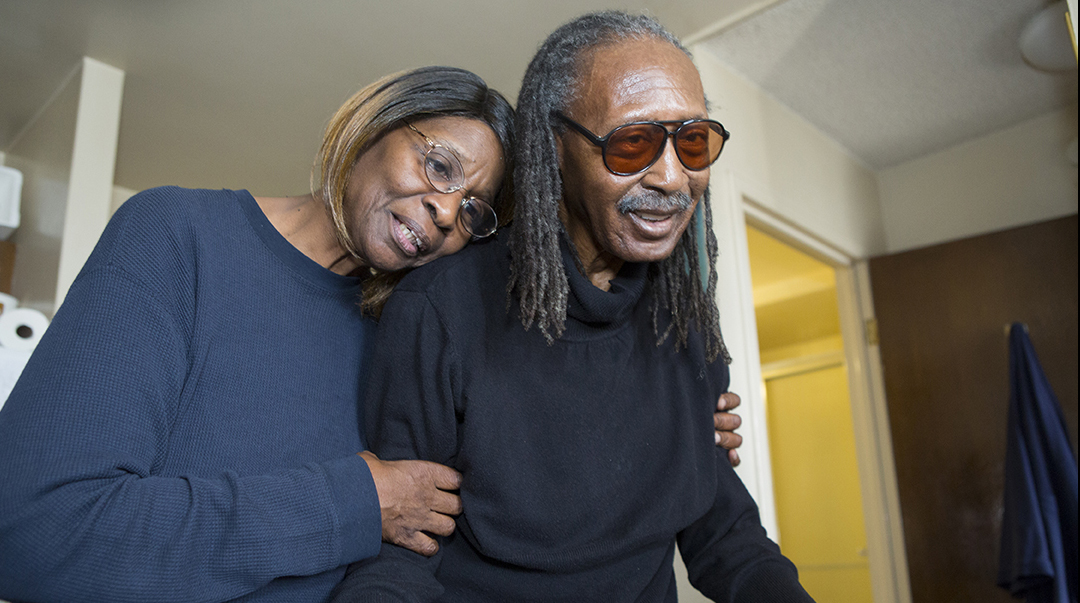15 Advance Care Planning Resources for National Healthcare Decisions Day

National Healthcare Decisions Day, observed every April 16, was created to highlight the importance of advance health care planning—and to motivate people to take action. As we approach the 16th, consider this: only 46 percent of older adults have documented their advance care preferences in a legally binding way. Why haven’t more done so? Sixty-two percent of those surveyed said it was because they “had not gotten around to it.” Others said they didn’t know how, some were uncomfortable with the topic, and others didn’t think it was necessary.

Making advance health care decisions isn’t necessarily easy—understanding the legal, medical and emotional landscape can sometimes be challenging. Yet it’s one of the most important things you’ll do in life. Making your medical wishes clear ensures that they’ll be carried out should you become seriously ill or incapacitated and can’t make decisions for yourself. It also saves your loved ones from potentially painful best-guess medical choices on your behalf.
What is advance care planning, exactly?
“Advance care planning” is the overarching term for the process of learning about the health care decisions that might need to be made, thinking through them ahead of time, informing family and health care providers about them, and putting them into writing. It involves thinking deeply about your values, preferences and desires related to end-of-life care. And it’s not just for older adults but for everyone—as medical crises can happen to anyone at any time.
Many people think of advance care planning in terms of the paperwork and forms, such as advance directives, power of attorney, Five Wishes, POLST, living wills and others. And while completing the right forms is crucial, the first step of the whole process is beginning a conversation. It’s that first conversation about your wishes—with your health care provider, with your family, with yourself—that will get you started. Indeed, this step is so important that since 2016, the National Health Care Decisions Day initiative has worked in partnership with the TheConversationProject.org to demystify health care decision-making and to increase the number of health care conversations happening across the country.
A note for family caregivers
Advance care planning is especially important and relevant for family caregivers and their care recipients—and even more so for caregivers of those living with cognitive or physical disabilities. If you’re a caregiver, you may need to be the one who starts the conversation with your care recipient.
Resources you can use
We’ve gathered the below collection of resources from across our site to get you started. They cover a wide range of advance care planning topics, from guidance on the planning process and making end-of-life decisions to the basics on advance directives, living wills, palliative care and more. And many are available in multiple languages, including Tagalog, Spanish, Chinese and Vietnamese.
But first, start here…
If you’re a family or friend caregiver, our article The Emotional Side of Caregiving, gives an expert-authored overview on the many emotions that can come up for caregivers (some are unexpected!). Navigating the emotional landscape of caregiving can sometimes be the most difficult part of the caregiving journey but emotional awareness and understanding should make many aspects easier—including advance care planning. The above article is also available in Spanish, Tagalog, Chinese and Vietnamese. Here are the rest of the resources.
Advance care planning and health care decisions
- Advance Health Care Directives and POLST (article in English, Spanish and Chinese)
- Advance Directives and Living Wills: Bringing Up Sensitive Topics (article in English)
- Take Charge! Advance Care Planning Tips (article in English) (webinar in English)
- Planning Ahead for the Care You May Need: Health Care Decisions in the Era of COVID-19 (webinar in English)
- Making End-of-Life Decisions: What Are Your Important Papers? (article in English)
- Legal Issues for LGBTQ+ Caregivers (article in English)
- Legal Planning for Incapacity (article in English, Tagalog, Spanish, Chinese and Vietnamese)
Palliative care
- Palliative Care 101 (webinar in English)
- Understanding Palliative/Supportive Care: What Every Caregiver Should Know (article in English, Tagalog, Spanish, Chinese and Vietnamese)
- Palliative Care on the Front Lines of COVID-19 (webinar in English)
Advanced illness and hospice care
- Expect the Best out of Your Hospice Care (webinar in English)
- Advanced Illness: Holding On and Letting Go (article in English, Tagalog, Spanish, Chinese and Vietnamese)
- Advanced Illness: CPR & DNR (article in English, Spanish and Vietnamese)
- Advanced Illness: Feeding Tubes & Ventilators (article in English, Tagalog and Vietnamese)
We can help
We hope the above resources help you get started in making important health care decisions—either for yourself or with your care recipient. If you need more help or guidance, get in touch with us at info@caregiver.org, (800) 445-8106 or (415) 434-3388.

We also highly recommend the website for National Healthcare Decisions Day, which contains many resources, tools, links and guidance on this important topic.
